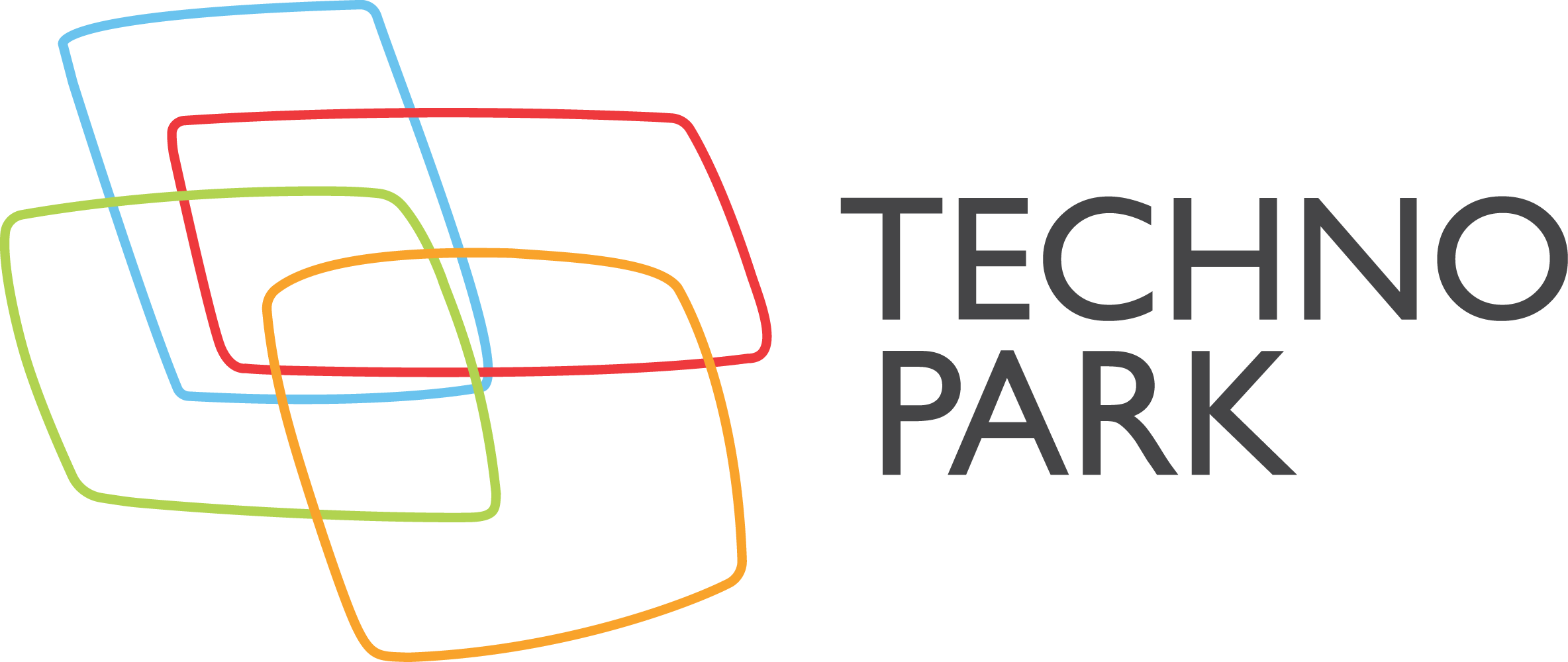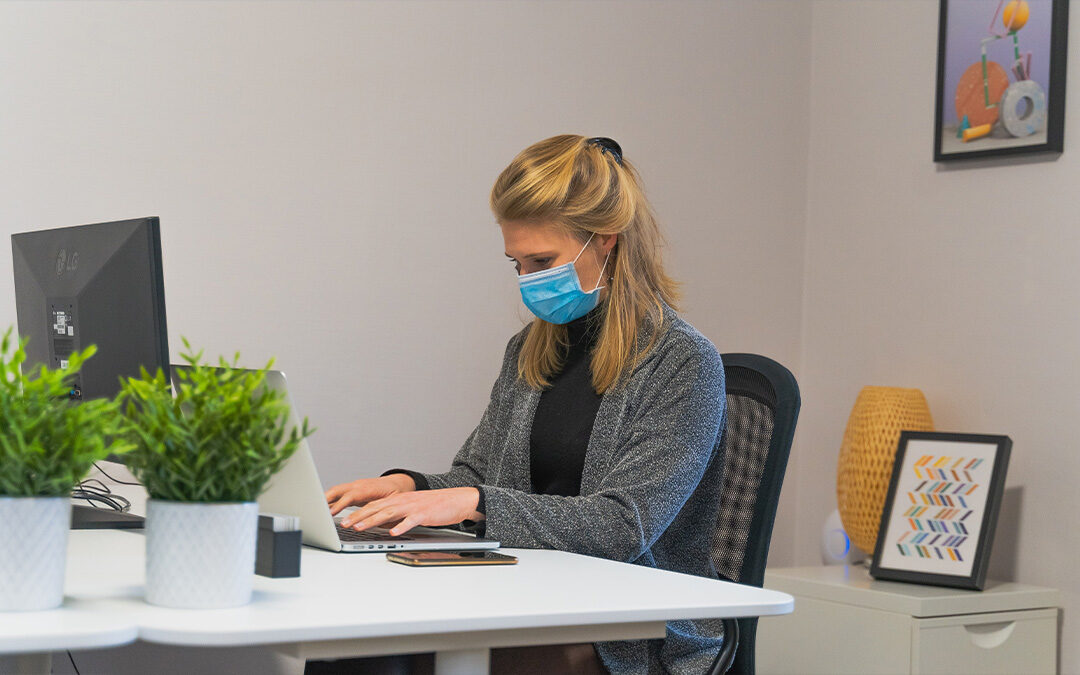The new year has ushered in more uncertainty as the world continues to grapple with a global pandemic. One thing appears certain – remote work, for the time being, is here to stay. With the growing evidence of mental wellbeing issues related to isolation, it is vital to identify and tackle low morale in your workforce. Let’s take a look at how you can address the psychology of your company with positive, reinforcing actions in order to build a strong foundation of mental resilience.
Pitfalls of working remotely
Remote working has been streamlined with the assistance of internet, online conferencing and a variety of digital channels to facilitate communication and productivity. On the other hand, working from home has been taking its toll on employees. Increased levels of stress, anxiety and depression coupled with feelings of isolation impact the quality of work done and cohesion within teams.
Regulations limiting social interaction and recreational activities have left many of us confined to our homes. This new and extended isolation does not only lead to feelings of cabin fever, claustrophobia and irritability, but, moreover, feelings of stress and uncertainty that impair creativity, concentration, productivity and motivation. Conversations surrounding the long-term impact of this stress have started to consider the after-math of our collective problem, indicating that this condition could eventually be accelerated and even exacerbated when workers finally return back to their communal-office environment.
Not all remote workers experience the same degree of mental stress, or some might face similar mental health challenges but have ways of coping with them and maintaining a positive outlook and healthy work-life balance. Whether the anxiety of lockdown is affecting you, your colleagues or loved ones, it is always good to be able to recognise and address this problem, while remaining self-aware, supportive and understanding.
Here are some ways in which you can tackled pandemic-related mental health problems with the eye on boosting morale.
Morale boosters for remote-work environments
Creating better mental health for the virtual office can start with something as small as having regular check-ins.
Outside of mandatory meetings, conference calls and professional obligations, try to create a network of support that encourages managers and staff to regularly check in with one another. This does not necessarily mean having direct virtual contact, but could be as small as sharing a motivational quote, image or video and having it be passed along the network. Individual check-ins also present an opportunity to engage employees, promote development, entice feedback and help acknowledge achievements.
If productivity and innovation have taken a notable nose dive over the last months, certain interventions can help get things back on track.
Ways of combating low productivity may include:
- Scheduling smaller, more regular meetings,
- Delegating tasks in increments as opposed to daunting, large briefs and
- Allowing for time between scheduled items in order to help team members reflect and refresh.
- Implementing platforms that encourage accountability and productivity to boost the quality of work by teams being connected and aware of what is being done along with their own progress.
- Hosting or promoting virtual social-events such as online quiz nights or virtual afterwork to maintain company culture and cohesion.
- Establishing casual platforms where company members can share work-from-home selfies, stories or experiences.
- Promote healthy boundaries between personal and professional life; something very important to consider when a home and office coexist in the same space.
By making a conscious effort to motivate employees to socially engage, feelings of isolation and work-related stress could be combatted, and a more tight-knit sense of community and team cohesion can be built.
Integrating morale boosters into an office environment
But, what happens if the dynamics eventually start shifting back to a brick-and-mortar office workspace?
Many remote workers have acclimatised to working from home or other remote locations. The future challenge would then be to gradually reintegrate back into to a very different, traditional, working environment.
There may be fears and hesitancy to return to an office, prompted by concerns over health and safety, which could contribute to feelings of anxiety. If the practice of boosting and maintaining employee morale could be incorporated into the values and attributes of the company, and business leaders act as the liaisons between the professional growth and personal development of their workforce, then some of these concerns and uncertainties could be avoided all together.
Dr Dominique Steiler, Professor of People, Organisations, and Society at Grenoble School of Business believes that “the main aim of a company should not be to win a competition, but to be part of the social fabric and improve people’s lives,”. She contends that the future of work, whether in traditional offices or remote networks, relies on business leaders to bring mental health and mindfulness initiatives into the workplace.
Having a communication strategy in this instance would be of utmost importance. Employees may undergo a drastic mindset shift, and grapple with schedule adjustments and uncertainties about duties and delegation. By reassuring employees of their safety, duties and existing company cohesion, management can engineer a productive workplace with a strong corporate culture.
Future-proof your company morale
As noted by Kathryn Minshew:
You know, as most entrepreneurs do, that a company is only as good as its people … [t]he hard part is actually building the team that will embody your company culture and propel you forward.
If this message rings true, then you would agree, there is no time to waste. Investing in the mental wellbeing of your team is not an option, but a necessity. Implementing principles to standardise boosting morale sooner rather than later will help business leaders steer their organisations through uncertainty and make them more resilient to psychological shocks in the future.

